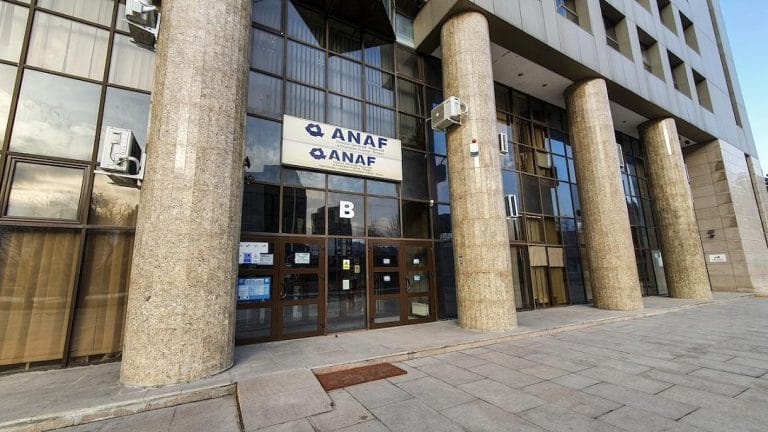🎧 Listen to This Article
Romania has announced a significant fiscal policy adjustment concerning its value-added tax (VAT) regime, aiming to boost state revenues while managing political commitments to avoid broad tax hikes.
According to sources cited by Digi24 on June 20, Romania will maintain its standard VAT rate at 19% but eliminate most preferential VAT rates, retaining reduced VAT only on essential goods such as food and medicines. This reform is expected to take effect from August 2025 as part of a coalition agreement between President Nicușor Dan and Prime Minister-designate Ilie Bolojan.
Fiscal Balancing Act: Revenue vs. Political Promises
This decision stems from a delicate compromise designed to increase fiscal revenues without raising the general VAT rate—a promise President Dan made during his campaign.
The currently reduced VAT rates of 5% and 9%, which apply to goods and services such as cultural events, books, firewood, and museum tickets, will be raised. However, the exact new rates have yet to be determined.
This phased approach allows the government to honor its electoral commitments while addressing growing budget deficits and fiscal consolidation targets set by the European Commission.
Future VAT Adjustments on the Horizon
A critical review of the fiscal consolidation plan is scheduled for October 15, 2025, when the government will assess the impact of the VAT restructuring and other measures.
If the revenue increases are deemed insufficient, Romania may consider raising the standard VAT rate from 19% to 21% starting January 1, 2026.
Reduced VAT rates for food and medicines will remain at 9% for the time being, but these too could be subject to future revisions depending on economic outcomes.
Broader Fiscal Measures Under Discussion
Beyond VAT, Romania is considering additional fiscal policies aimed at reducing the budget deficit, including:
- Increased excise duties on tobacco products
- New taxes on gambling and other so-called “vice” sectors
- Institutional spending cuts
The exact composition of the fiscal package is expected to be finalized by late June, with the government under pressure to meet the European Commission’s Excessive Deficit Procedure update deadline.
Implications for Businesses and Tax Professionals
Romania’s VAT reform signals a shift toward a more uniform VAT structure, potentially increasing tax compliance burdens for sectors previously benefiting from preferential rates. Multinational companies and investors should closely monitor these developments, particularly those in cultural, hospitality, and retail sectors.
Tax advisors should prepare for advising clients on transitional compliance challenges and the impact of potential VAT rate hikes after the October evaluation.
Romania’s approach reflects the complex balancing act faced by many governments between political commitments and fiscal sustainability. The outcome of the October review will be pivotal in determining whether VAT rates rise further or if alternative fiscal measures will suffice to contain the budget deficit.
For further details, clarification, contributions, or any concerns regarding this article, please get in touch with us at editorial@tax.news. We value your feedback and are committed to providing accurate and timely information. Please note that our privacy policy will handle all inquiries.



